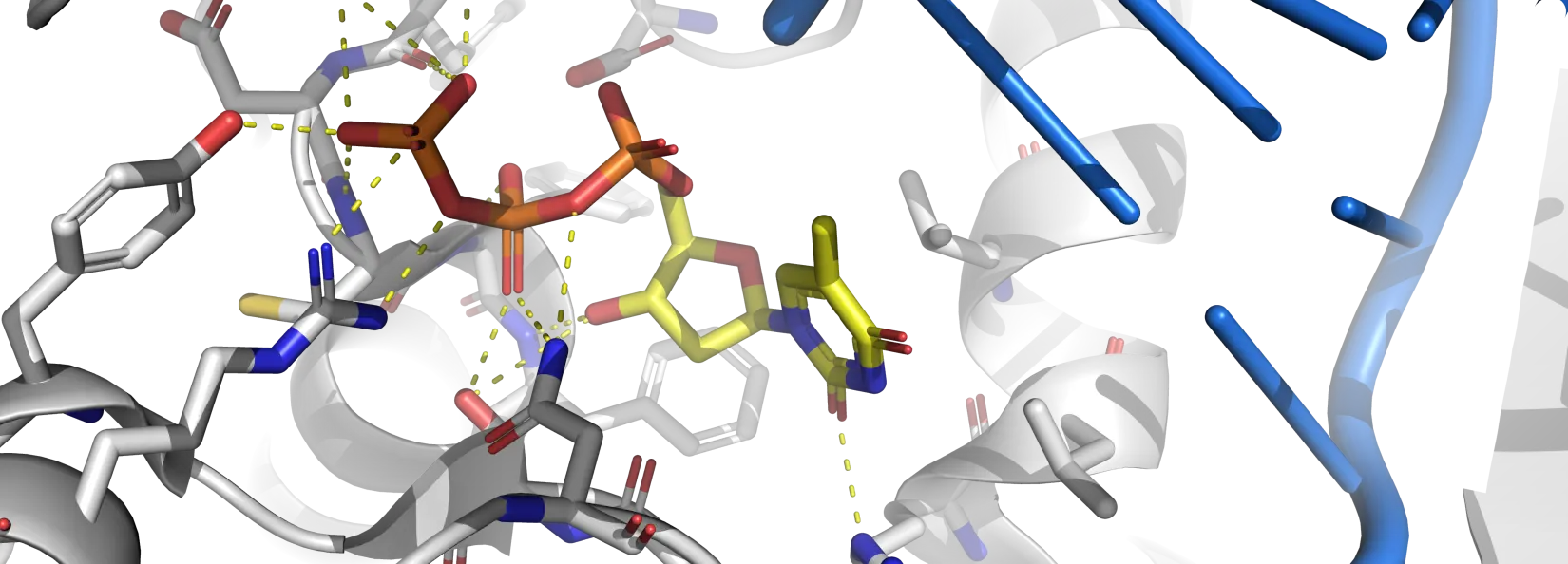About the group
(This page is also available in Croatian.)
Group for Applications and Services on Exascale Research Infrastructure (hrv. Grupa za aplikacije i usluge na eksaskalarnoj istraživačkoj infrastrukturi, abbr. GASERI) is a research, development, and teaching unit at University of Rijeka Faculty of Informatics and Digital Technologies and Faculty of Medicine.

Introductory presentation
Light background Dark background
Interests
A supercomputer, also known as a high-performance computer (HPC), offers much more performance than a personal computer does. This performance is usually measured in the number of floating-point operations per second (FLOPS) a computer can perform; a personal computer can perform up to tens of teraFLOPS, while modern HPCs can perform hundreds of petaFLOPS, resulting in the speedup factor of approximately ten thousand.
Such speedups are made possible by the use of parallel and distributed programming models. With the supercomputer performance approaching exaFLOPS, the computer architecture is becoming increasingly heterogeneous, while the programming models are becoming more complex. Finally, HPC is being offered more and more as a service in the cloud, which introduces its own set of challenges. Many scientific fields depend on the use of supercomputers for their calculations; in particular, computational biochemistry relies on supercomputers to study and predict protein structure, dynamics, function, and reactivity with small molecules (ligands).
The main interest of the Group for Applications and Services on Exascale Research Infrastructure is the application of exascale computing to solve problems in computational biochemistry. The goal is to design better-performing algorithms and offer their implementations for academic and industrial use. Computational chemists having access to better tools can study the existing systems faster, in more detail, or prefer to study larger systems.
The specific focuses in the present are distributed chemical compound database architectures that meet the scalability and reliability requirements of high-throughput virtual screening campaigns, advancements of molecular dynamics algorithms that enable them to efficiently utilize the exascale supercomputing resources, and the establishment of the Croatian competence center for HPC.
Methods
The group uses and further develops protein-ligand docking, molecular dynamics simulation, the Monte Carlo method, and other computational techniques to study statical and dynamical properties of biomolecular systems. The interdisciplinary approach in the group combines the expertise of physicists, mathematicians, information technologists, and computer scientists. The underlying motivation is to do better science in an open-source way; science is essentially open and should remain so. The open-source way includes open file formats, free and open-source software, open hardware, defensive patent licensing, and open access to published works.
History
The group started in October 2021. It is built on the legacy of Computer Networks, Parallelization, and Simulation Laboratory (hrv. Laboratorij za računalne mreže, paralelizaciju i simulaciju, abbr. CNPSLab) that was a part of Department of Informatics until October 2021.
Poster

Download in PDF format (A3, landscape)
Author: Vedran Miletić